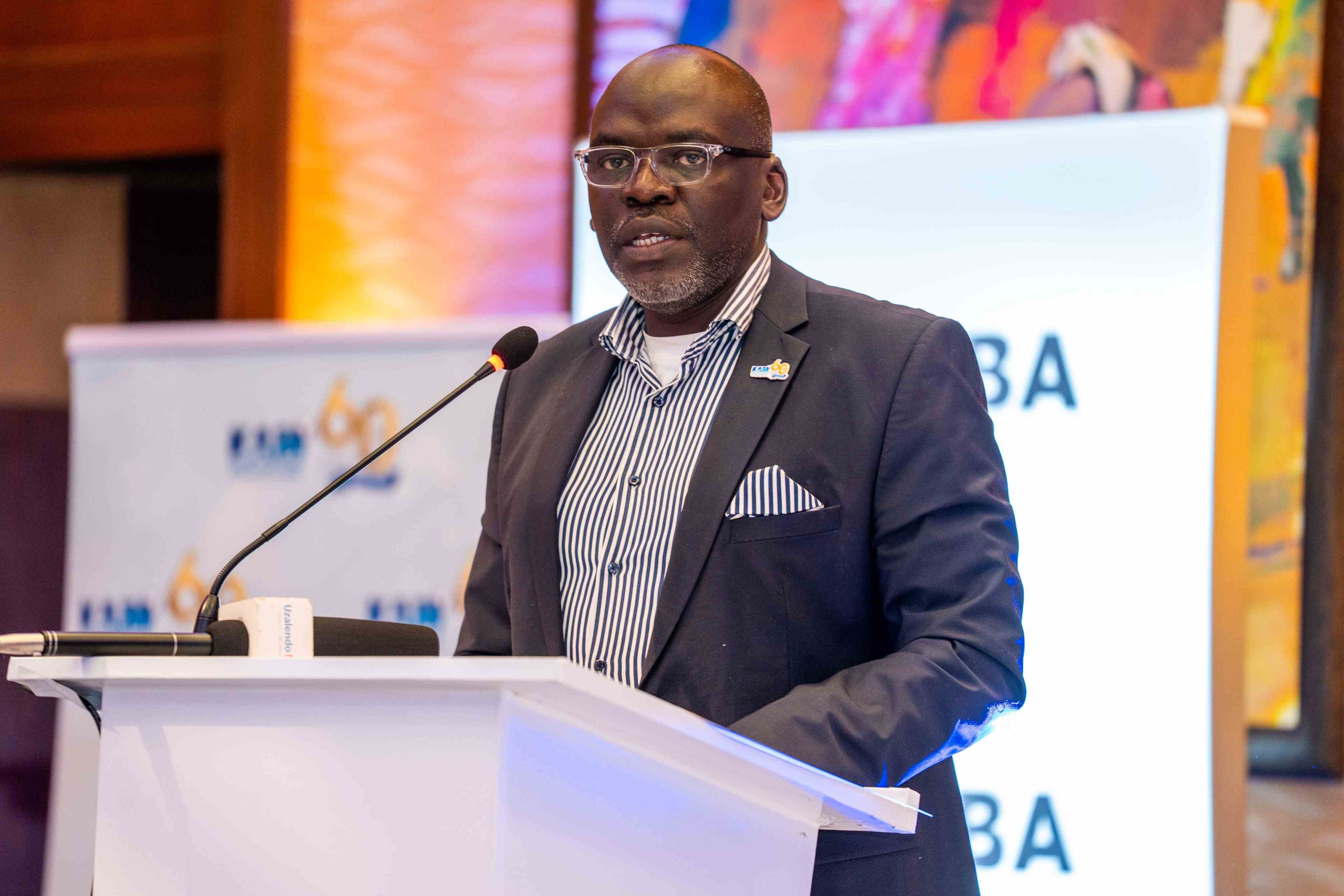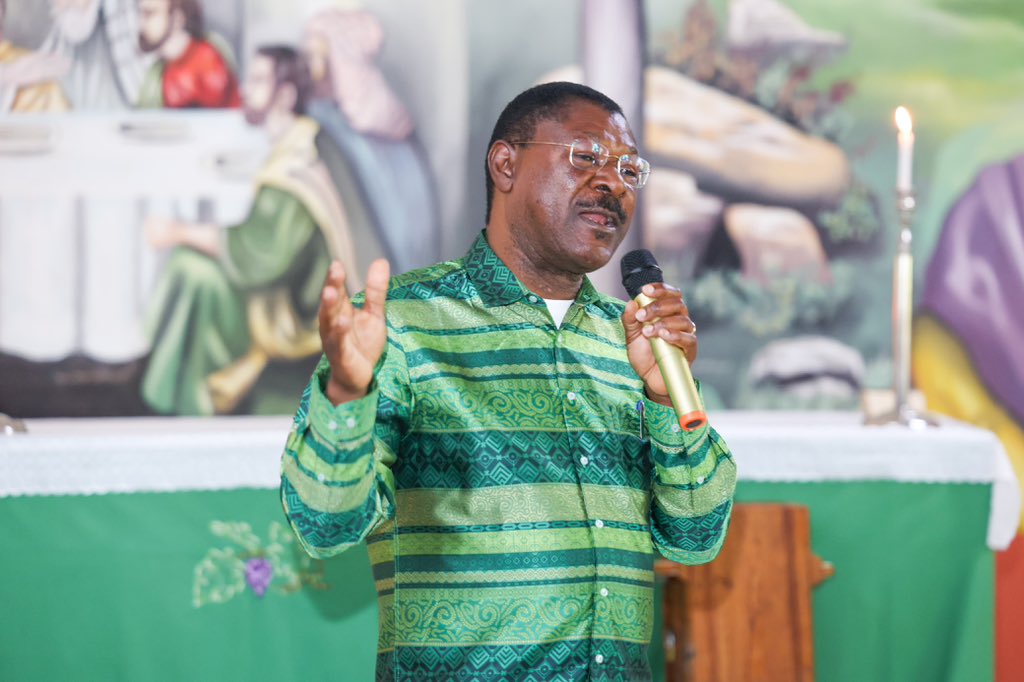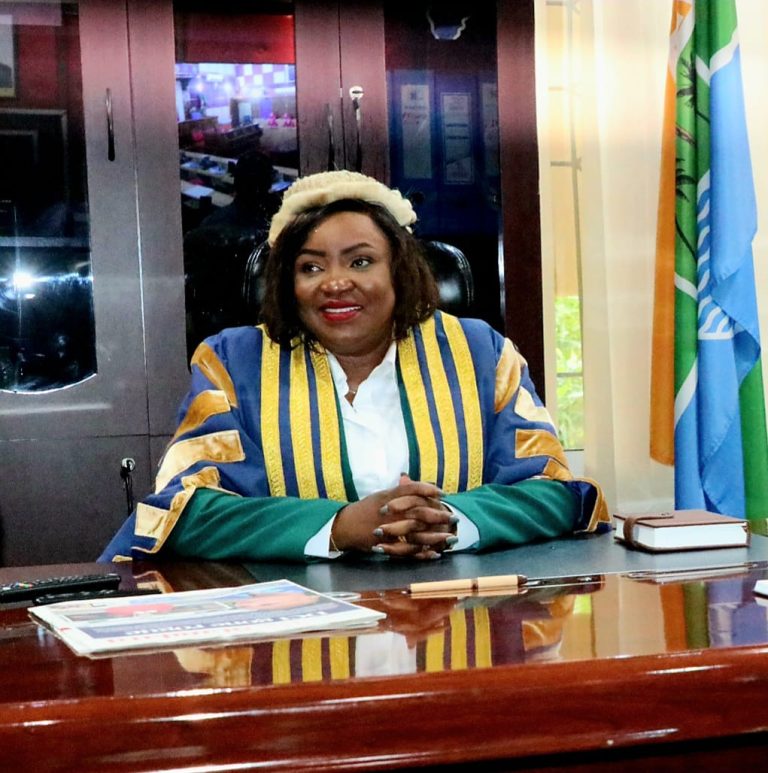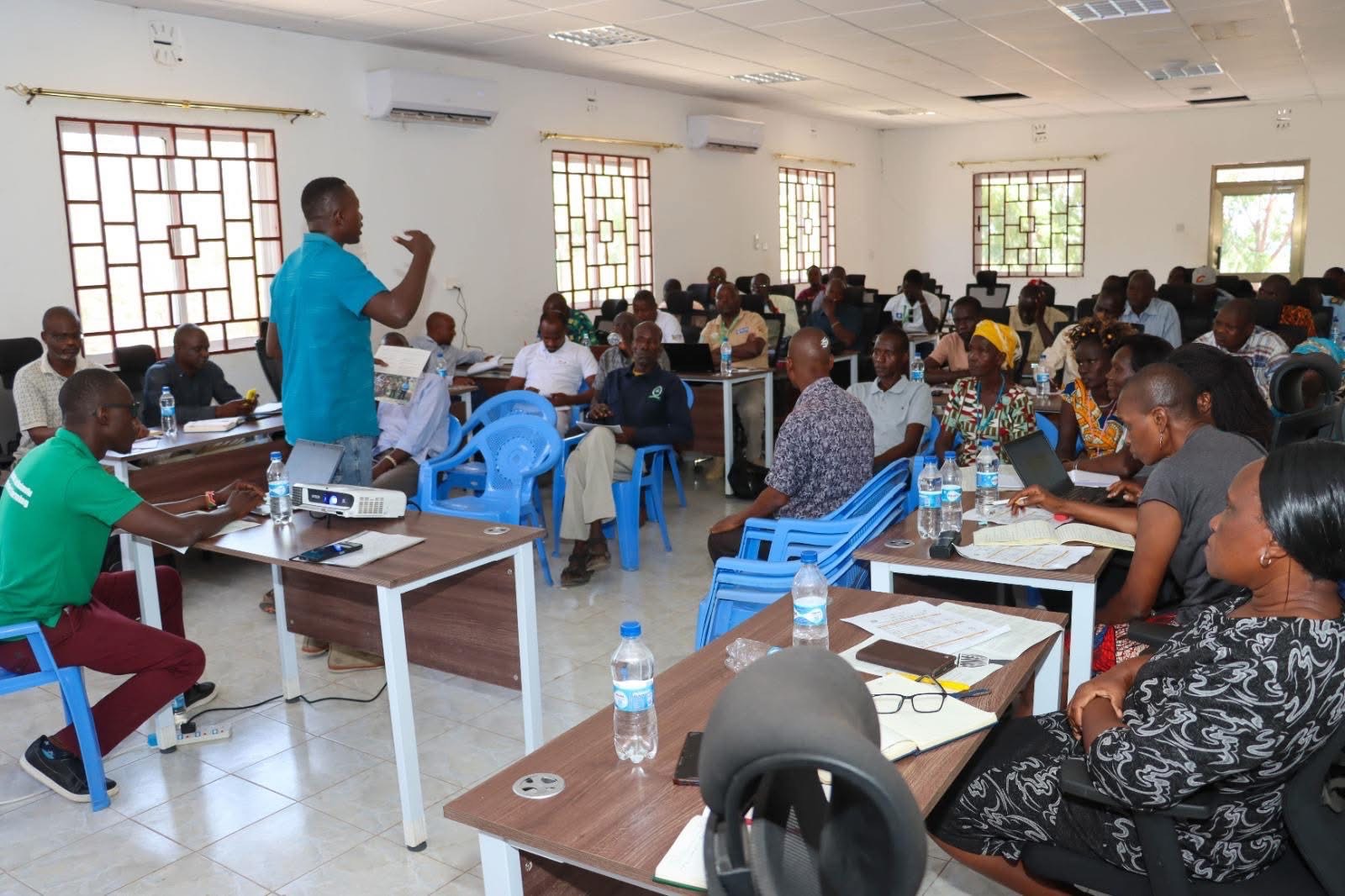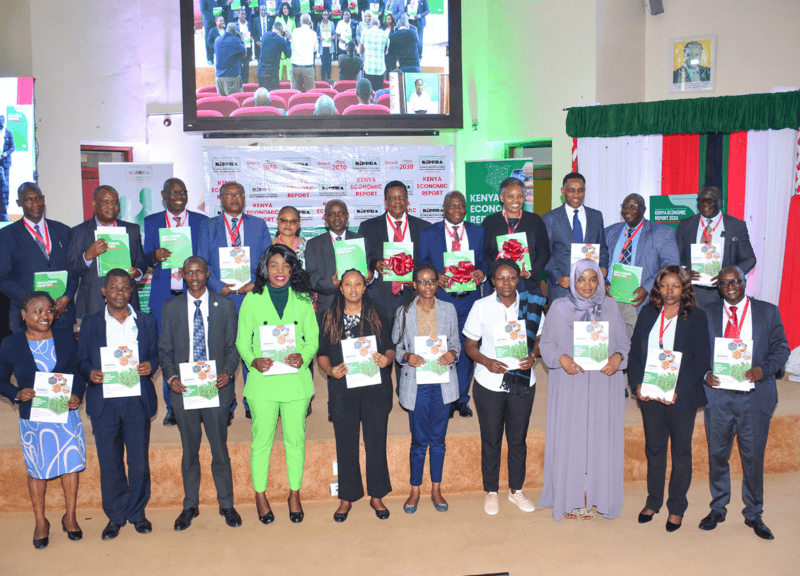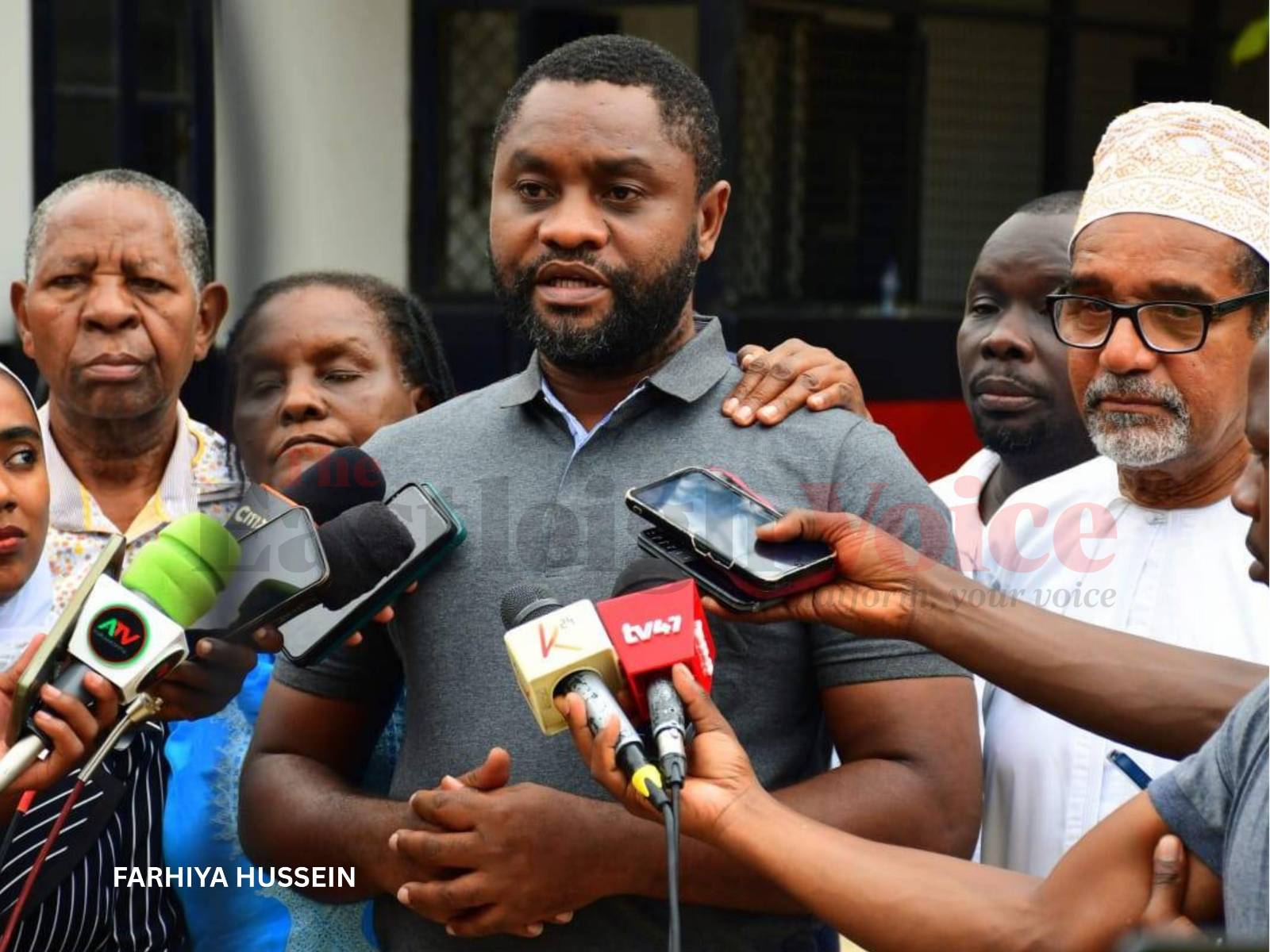Wetang’ula warns Judiciary against interfering with Parliament’s mandate over IEBC vetting
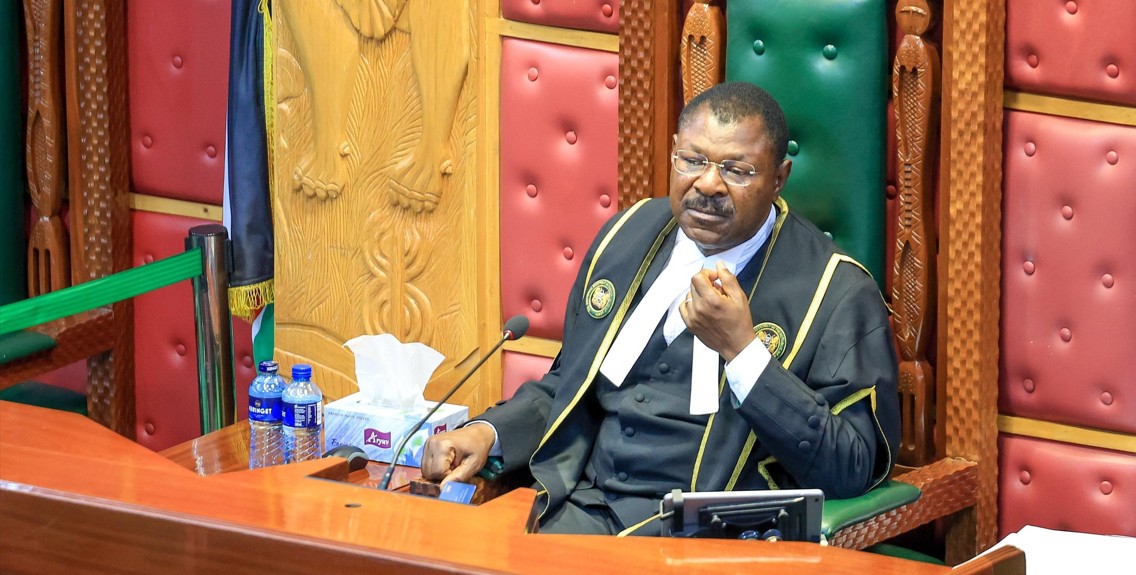
Wetang’ula’s warning follows a High Court decision issuing conservatory orders suspending the gazettement and swearing-in of President William Ruto’s seven nominees to the Independent Electoral and Boundaries Commission.
National Assembly Speaker Moses Wetang’ula has cautioned the Judiciary against interfering with parliamentary processes before the House, terming such actions an encroachment on legislative independence.
Wetang’ula’s warning follows a High Court decision issuing conservatory orders suspending the gazettement and swearing-in of President William Ruto’s seven nominees to the Independent Electoral and Boundaries Commission (IEBC). While the court issued the orders, it allowed Parliament to continue with the vetting process.
More To Read
- Wetang’ula rejects claims of bias, says Constitution allows political affiliation
- MPs demand urgent action on rising gender-based violence cases across Kenya
- IEBC: Only MCAs can be recalled, non-performing MPs and senators protected by legal gap
- IEBC defends decision to replace Mbadi with Kipchumba, cite 2022 ODM list
- IEBC must rein in early campaigns to avoid heightened political tensions -LSK
- Nairobi Woman Rep Esther Passaris faces recall over silence on police brutality, protest Bill
Despite this, Members of Parliament were aggrieved that the court had intervened in a matter already under active consideration by a parliamentary committee. They criticised the Judiciary for overstepping its mandate and interfering with Parliament’s constitutional duties.
Wait before intervening
National Assembly Minority Leader Junet Mohammed argued that once the Speaker commits a matter to a committee, the courts should wait until Parliament has completed its process before intervening.
“When a matter has been committed to a committee of the House by the Speaker, the courts have to wait until Parliament concludes the matter. After that, anybody who wants to go to court can go and litigate the matter there,” Junet said.
“You cannot injunct the House from doing its work. You cannot injunct Parliament from doing its constitutional mandate under Articles 95 and 96.”
He added: “Even we cannot legislate on a matter that is before a court of law. We have to wait until the court concludes the matter one way or another. Then from there is when we can legislate—even on a petition.”
Judicial interference
Junet further warned that Parliament would not accept continued judicial interference, stressing the need for each arm of government to respect the boundaries of its mandate.
“Mr Speaker, Parliament will not take it anymore going forward. If a bill is presented in Parliament, and the bill goes through the first reading and is committed to a committee, anybody who has a problem with that bill must wait for the second reading, third reading, it goes for assent, and then you can go to court and challenge it—whether the whole of it, a section, or any clause you’re not happy with,” he said.
“But if you want to injunct Parliament before it does its work, then Parliament will not be able to operate this country. So I’m happy that the judge has lifted the injunction today. But going forward, I’m giving judicial notice as a leader of this House that this House will not stop doing its work. In fact, if the ruling didn’t come out today, we were planning to sit tomorrow so that we could vet and finish our business. Then you can go to court and do whatever you want to do.”
Constitutional authority
Speaker Wetang’ula reaffirmed Parliament’s constitutional authority to perform its duties without interference.
“There is a ruling or a communication in the offing on the same matter, so that we give a precedent-setting direction on the matter,” he said.
“But for avoidance of doubt, nobody, and I repeat, nobody, has the power under any law, or under our Constitution, to injure Parliament from doing its work.”
Wetang’ula reiterated that proceedings before committees are as valid as those in plenary, and that once Parliament has seized a matter, it must be allowed to run its course.
“The committees mirror the plenary, and the proceedings in committees are akin to proceedings in plenary,” he said.
Colloquium with MPs
He disclosed that he had requested Chief Justice Martha Koome to convene a colloquium with Members of Parliament, including himself, to facilitate better understanding between the arms of government.
“We do not continue talking at each other as arms of government. We need each other, but we discourage and we frown at any overage by any arm of government on the other arm, especially on matters that are legally clear, constitutionally clear, and morally untenable,” he said.
He directed the Justice and Legal Affairs Committee to proceed without delay in vetting the IEBC nominees and submit its report to the House.
“Any aggrieved party, whether it is in the Judiciary, in the Executive or the general public, can then go to court and challenge something that we as Parliament will have passed as official. Let it be as clear as that,” Wetang’ula said.
Weighty constitutional issues
The High Court order was issued by Justice Lawrence Mugambi, who said the petition filed before the court raised weighty constitutional issues that required deeper scrutiny.
“I note that the issues raised in the petition touch on the sovereignty of the people,” he ruled, directing that the file be forwarded to the Chief Justice for empanellment of a bench to hear and determine the matter.
The petition was filed by Kelvin Roy Omondi and activist Boniface Mwangi, who claimed that President Ruto acted unlawfully in nominating the seven individuals to the IEBC without consulting the Opposition.
They also argued that four of the seven nominees, Erastus Edung Ethekon (proposed chairperson), Hassan Noor Hassan, Mary Karen Sorobit, and Anne Nderitu, were ineligible for appointment. The other three nominees are Moses Mukwana, Francis Odhiambo, and Fahima Araphat Abdallah.
In response, the National Assembly filed an urgent application seeking to have the orders lifted, arguing that the vetting process was of great public interest and bound by strict legal timelines.
Deputy Clerk of the National Assembly Jeremiah Ndombi, in submissions to the court, argued that the conservatory orders were unnecessary since the petitioners had not demonstrated a strong legal case.
He further noted that the vetting committee had already received memoranda from members of the public, some questioning the process, and that those views needed to be considered.
“The issues raised by the Petitioners primarily concern a process that is actively ongoing within the constitutional and statutory framework of the National Assembly, and which process is subject to strict statutory timelines that must be complied with,” Ndombi said.
According to the Public Appointments (Parliamentary Approval) Act, Parliament must vet the nominees and table a report within 28 days.
Top Stories Today




